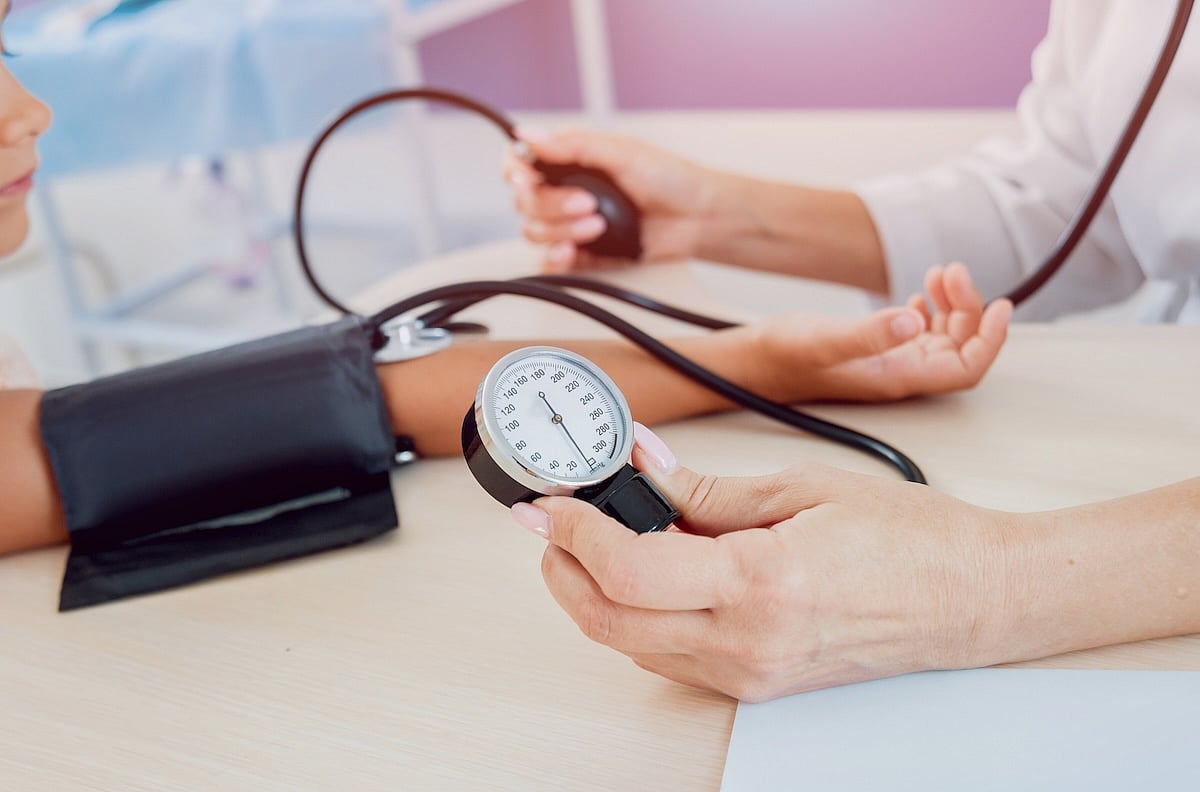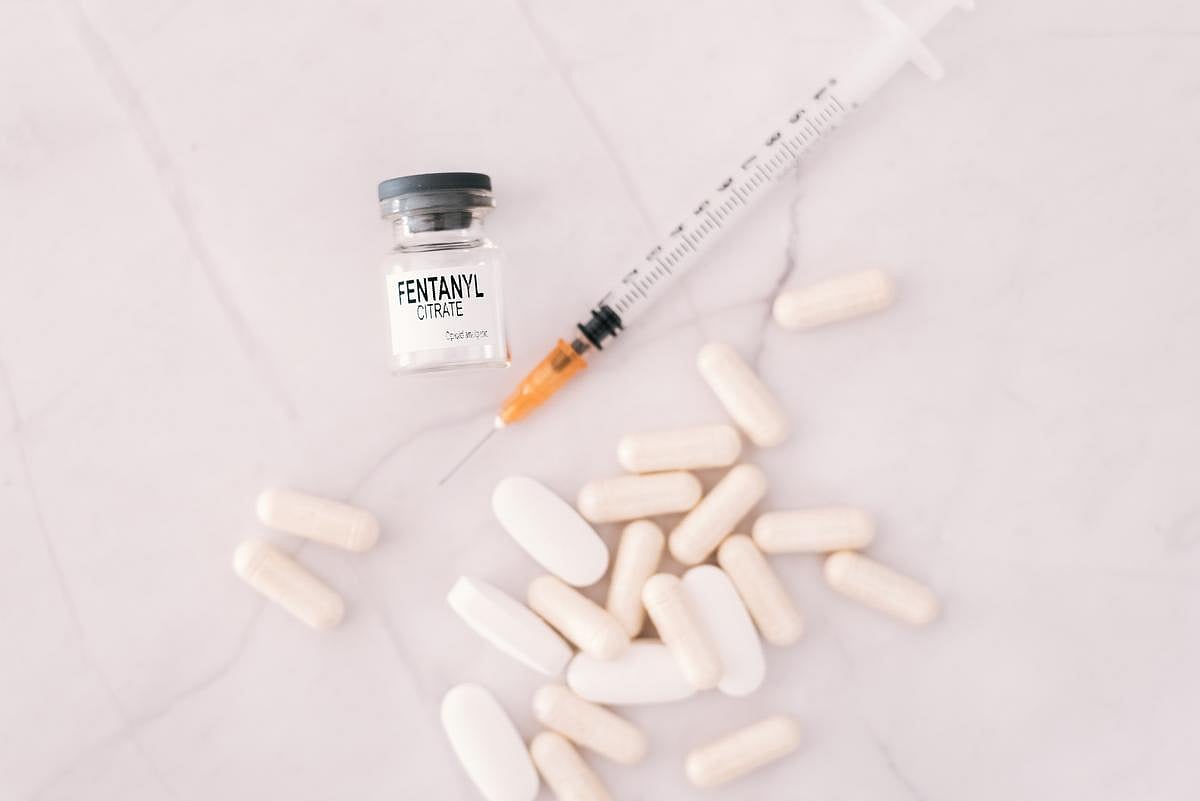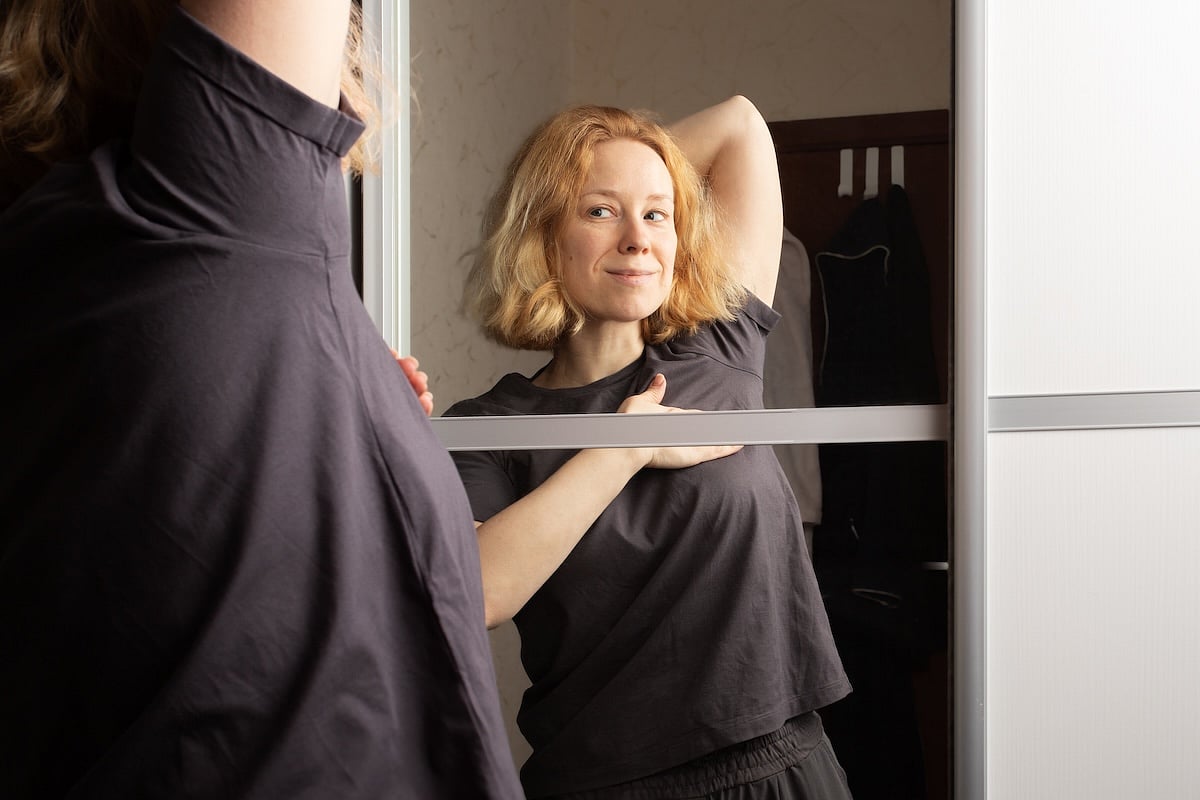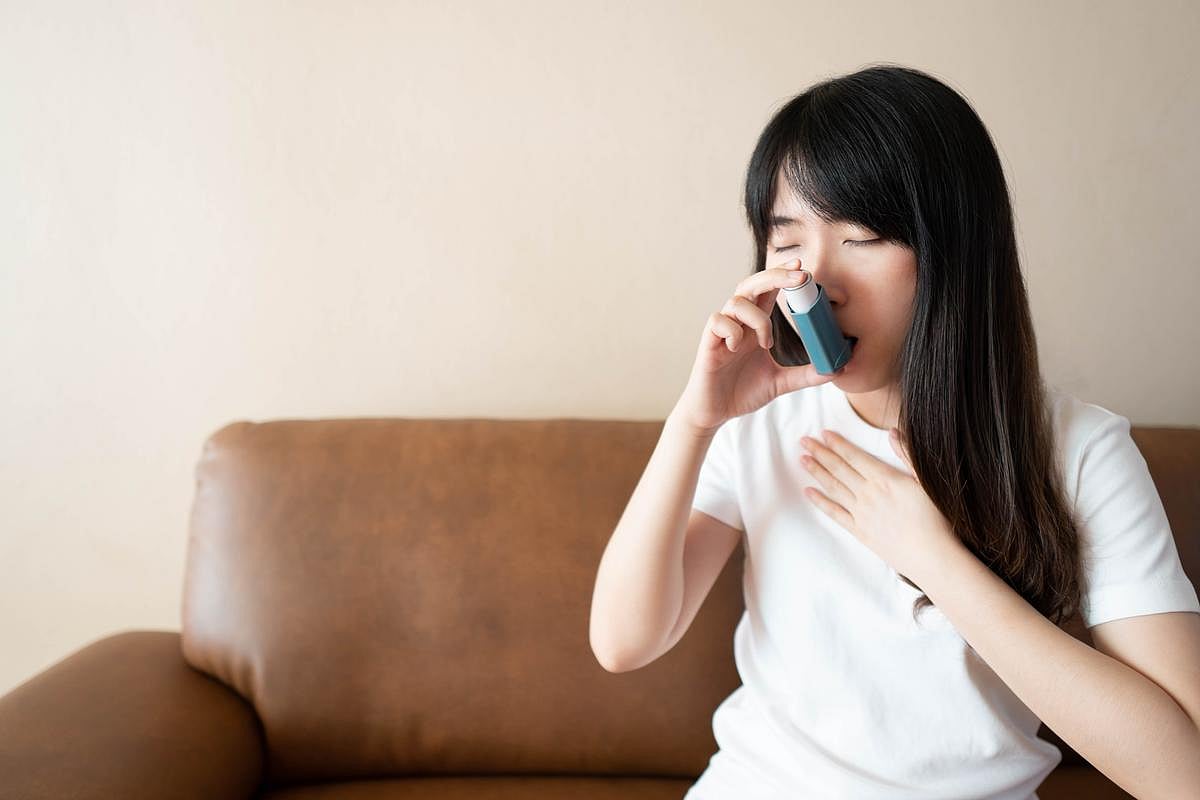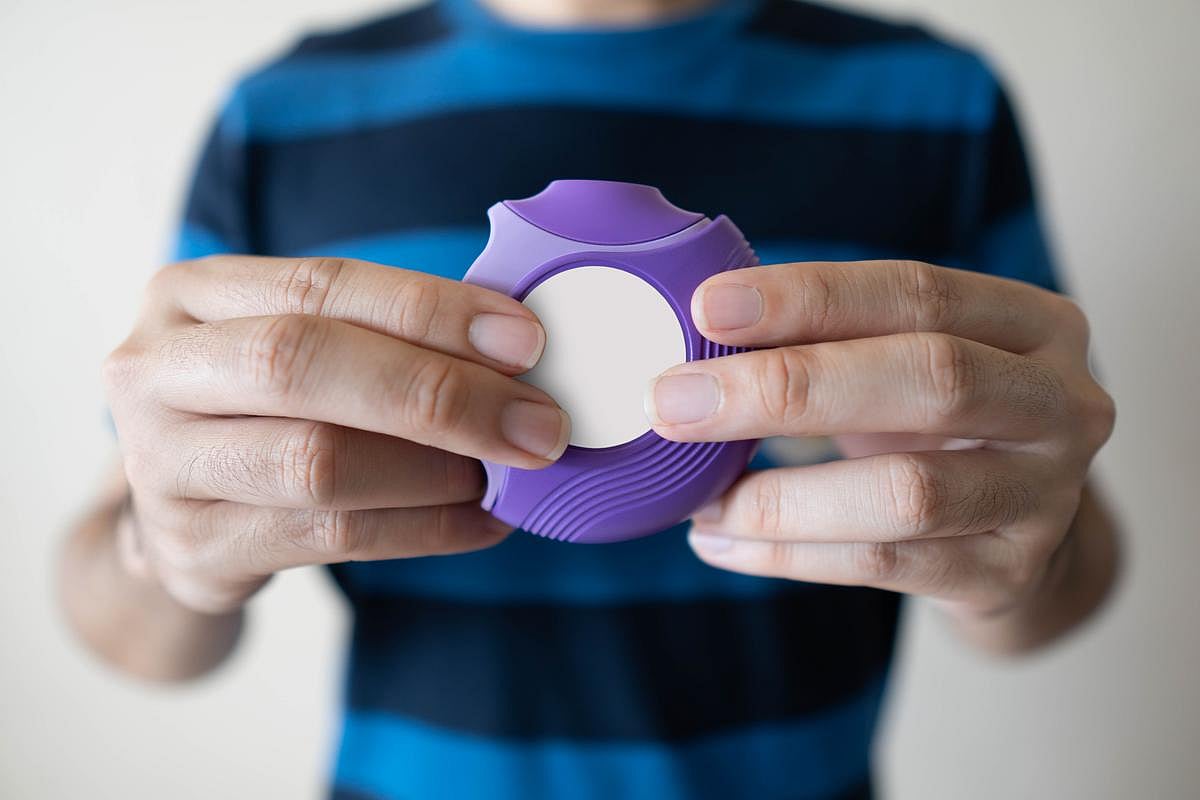Get Healthy!
Staying informed is also a great way to stay healthy. Keep up-to-date with all the latest health news here.
13 May
Maryland Woman Has Rare Spinal Tumor Removed Through Her Eye Socket
In a groundbreaking procedure, surgeons at the University of Maryland Medical Center have removed a large spinal tumor through a 19-year-old patient’s eye.
12 May
Mother of Twins Receives Life-Saving Double Lung Transplant after Cancer Diagnosis
A new mother of twins from Berlin finds a miracle in Chicago after being diagnosed with advanced lung cancer. Surgeons at Northwestern Medicine save her life with a double-lung transplant.
09 May
14 Types of Cancer Are on the Rise in People Under 50, Study Finds
Certain types of cancer are becoming increasingly common in people under 50, according to new research. These include breast, colon, kidney and uterine cancer.
Dennis Thompson HealthDay Reporter May 13, 2025
Blackouts Boost Carbon Monoxide Poisoning Risk Among Young Kids
MONDAY, May 5, 2025 (HealthDay News) — Power outages greatly increase a young child’s chances of carbon monoxide poisoning due to improper use of gasoline-powered generators, a new study says.
Children younger than 5 had a more than 50% increased risk of carbon monoxide poisoning during small-scale power outages affecting at le... Full Page
I. Edwards HealthDay Reporter May 13, 2025
OpenAI Releases HealthBench Dataset to Test AI in Health Care
TUESDAY, May 13, 2025 (HealthDay News) — OpenAI has unveiled a large dataset to help test how well artificial intelligence (AI) models answer health care questions.
Experts call it a major step forward, but they also say more work is needed to ensure safety.
The dataset — called HealthBench — is OpenAI's first... Full Page
I. Edwards HealthDay Reporter May 13, 2025
Fresh & Ready Foods Recalls Products After Listeria Outbreak
TUESDAY, May 13, 2025 (HealthDay News) — At least 10 people in the U.S. were hospitalized with listeria infections linked to ready-to-eat foods, federal officials said.
The U.S. Food and Drug Administration (FDA) and other agencies traced the outbreak to foods produced by Fresh & Ready Foods LLC of San Fernando, California. The p... Full Page
I. Edwards HealthDay Reporter May 13, 2025
U.S. Advises Older Travelers to Avoid Chikungunya Vaccine
TUESDAY, May 13, 2025 (HealthDay News) — U.S. health officials are telling travelers aged 60 and older to avoid a chikungunya vaccine while they investigate possible side effects.
The U.S. Centers for Disease Control and Prevention (CDC) and the Food and Drug Administration (FDA) issued the warning late last week.
The concern f... Full Page
Dennis Thompson HealthDay Reporter May 13, 2025
Curious? Healthy Brain Aging Might Depend On It
TUESDAY, May 13, 2025 (HealthDay News) — Curiosity might have killed the cat, but maintaining such inquisitiveness could be key to preserving brain health as we grow older, a new study says.
Some forms of curiosity increase well into old age, and seniors who keep wanting to learn new things might be able to offset or even prevent Alz... Full Page
Dennis Thompson HealthDay Reporter May 13, 2025
GLP-1 Weight Loss Drugs Cut Alcohol Cravings By Two-Thirds
TUESDAY, May 13, 2025 (HealthDay News) — Cutting-edge weight-loss drugs like Ozempic/Wegovy can cut alcohol intake dramatically in a short amount of time, a new study says.
People taking semaglutide or liraglutide reduced their alcohol consumption by two-thirds within four months, according to results recently published in the journa... Full Page
Dennis Thompson HealthDay Reporter May 13, 2025
No Link Between ADHD Meds And Psychosis, Study Says
TUESDAY, May 13, 2025 (HealthDay News) — ADHD stimulant meds don’t increase children’s risk of psychosis, a new study says.
Analysis of stimulant prescriptions among nearly 8,400 kids with attention deficit/hyperactivity disorder found no evidence that the drugs caused psychosis, researchers reported May 12 in the journal... Full Page
Dennis Thompson HealthDay Reporter May 13, 2025
Hearing Aids Effective In Combating Loneliness Among Seniors
TUESDAY, May 13, 2025 (HealthDay News) — Could loneliness occur for some older folks because they can’t hear well enough to maintain essential social connections?
Hearing aids appear to be an effective method of countering an epidemic of loneliness among U.S. seniors, a new study says.
Seniors given hearing aids ret... Full Page
Dennis Thompson HealthDay Reporter May 13, 2025
HIV Pills Might Prevent Alzheimer's
TUESDAY, May 13, 2025 (HealthDay News) — Drugs that battle HIV and hepatitis B might be able to help people avoid Alzheimer’s disease, a new study says.
Nucleoside reverse transcriptase inhibitors (NRTIs) are used to prevent HIV and hepatitis B from replicating and spreading inside a person’s body.
Now, a new analys... Full Page
Dennis Thompson HealthDay Reporter May 13, 2025
First-Of-Its-Kind Surgery Uses Eye Socket To Remove Spinal Cancer
TUESDAY, May 13, 2025 (HealthDay News) — A first-of-its-kind surgery has gone through a young woman's eye socket to remove a cancerous tumor wrapped around her spine.
Surgeons threaded a thin lighted tube called an endoscope down through the 19-year-old woman’s eye socket to remove a rare, slow-growing bone tumor known as a cho... Full Page
I. Edwards HealthDay Reporter May 12, 2025
Researchers Say Dance and Lullabies Are Learned, Not Hardwired
MONDAY, May 12, 2025 (HealthDay News) — Most parents know the soothing power of a lullaby like “Twinkle, Twinkle, Little Star.” But a new study suggests that singing to babies and even dancing may not be natural behaviors for everyone.
The study, published recently in the journal Current Biology, looked at the No... Full Page
I. Edwards HealthDay Reporter May 12, 2025
Zepbound Outperforms Wegovy in Head-to-Head Weight Loss Study
MONDAY, May 12, 2025 (HealthDay News) — A new study has found that people taking Eli Lilly’s obesity drug Zepbound lost almost 50% more weight than those using Novo Nordisk’s Wegovy.
The study — published May 11 in the New England Journal of Medicine — followed 751 people across the U.S. who were over... Full Page
I. Edwards HealthDay Reporter May 12, 2025
Trump Administration Cuts Funding for Life-Saving Baby Heart Device
MONDAY, May 12, 2025 (HealthDay News) — A Cornell University project to save babies born with serious heart defects has lost key funding just days after it was approved.
The U.S. Department of Defense (DoD) awarded $6.7 million on March 30 to support production and development of PediaFlow, a small device to help infants with h... Full Page
Dennis Thompson HealthDay Reporter May 12, 2025
Pregnancy Health Problems Increase Kids' Blood Pressure
Children have an increased risk of high blood pressure if their moms suffered from health problems during pregnancy, a new study says.
Children had higher blood pressure if their moms had obesity, gestational diabetes or high blood pressure while pregnant, researchers reported May 8 in JAMA Network Open.
The presence of just... Full Page
Dennis Thompson HealthDay Reporter May 12, 2025
U.S. Illicit Opioid Use Could Be 20 Times Higher Than Previously Estimated
MONDAY, May 12, 2025 (HealthDay News) — More Americans use illicit opioids like fentanyl than previously estimated, undercutting perceived progress in confronting the U.S. opioid crisis, a new study says.
More than 1 in 10 American adults (11%) reported illicit opioid use within the past 12 months, researchers reported May 9 in J... Full Page
I. Edwards HealthDay Reporter May 12, 2025
FDA Approves At-Home Cervical Cancer Test for Women Ages 25 to 65
MONDAY, May 12, 2025 (HealthDay News) — Women now have a new way to check their risk for cervical cancer — from the comfort of their own home.
The U.S. Food and Drug Administration (FDA) has approved the Teal Wand, an at-home test that screens for human papillomavirus (HPV), the virus that causes nearly all cervical cancers,
Dennis Thompson HealthDay Reporter May 12, 2025
Birth Control Pill Increases Risk Of Asthma Attacks In Young Women
Young women taking the Pill might have an increased risk of asthma attacks, a new study says.
Taking the progesterone-only form of the contraceptive pill can increase asthma attacks among women under 35, researchers reported May 7 in ERJ Open Research.
There was no similar risk among women taking the combo estrogen/progester... Full Page
Dennis Thompson HealthDay Reporter May 12, 2025
Medicaid 'Unwinding' Cost Kids Access To Asthma Inhalers, Other Chronic Disease Meds
MONDAY, May 12, 2025 (HealthDay News) — Children and young adults formerly covered by Medicaid are losing access to medications needed to control conditions like depression, schizophrenia, ADHD, asthma and epilepsy, a new study says.
Young people need to take these meds regularly to get the best results, as interruptions can cause fl... Full Page
Dennis Thompson HealthDay Reporter May 12, 2025
Double Lung Transplant Saves Mother Of Twins
MONDAY, May 12, 2025 (HealthDay News) — The timing of Cornelia Tischmacher’s pneumonia couldn’t have been worse — eight months after the Berlin mom gave birth to twins.
But the pneumonia just wouldn’t go away, so Tischmacher went to a doctor in January 2018. Tests revealed that the then-40-year-old had stage 3... Full Page
I. Edwards HealthDay Reporter May 11, 2025
Sweet Tooth Explained: Researchers Reveal How We Taste Sugar
SUNDAY, May 11, 2025 (HealthDay News) — Why does sugar taste so good — and why do we want it so badly? Scientists may finally have the answer.
For the first time, researchers have figured out the structure of the sweet receptor — the tiny part of your tongue that tells your brain when something tastes sweet.
T... Full Page







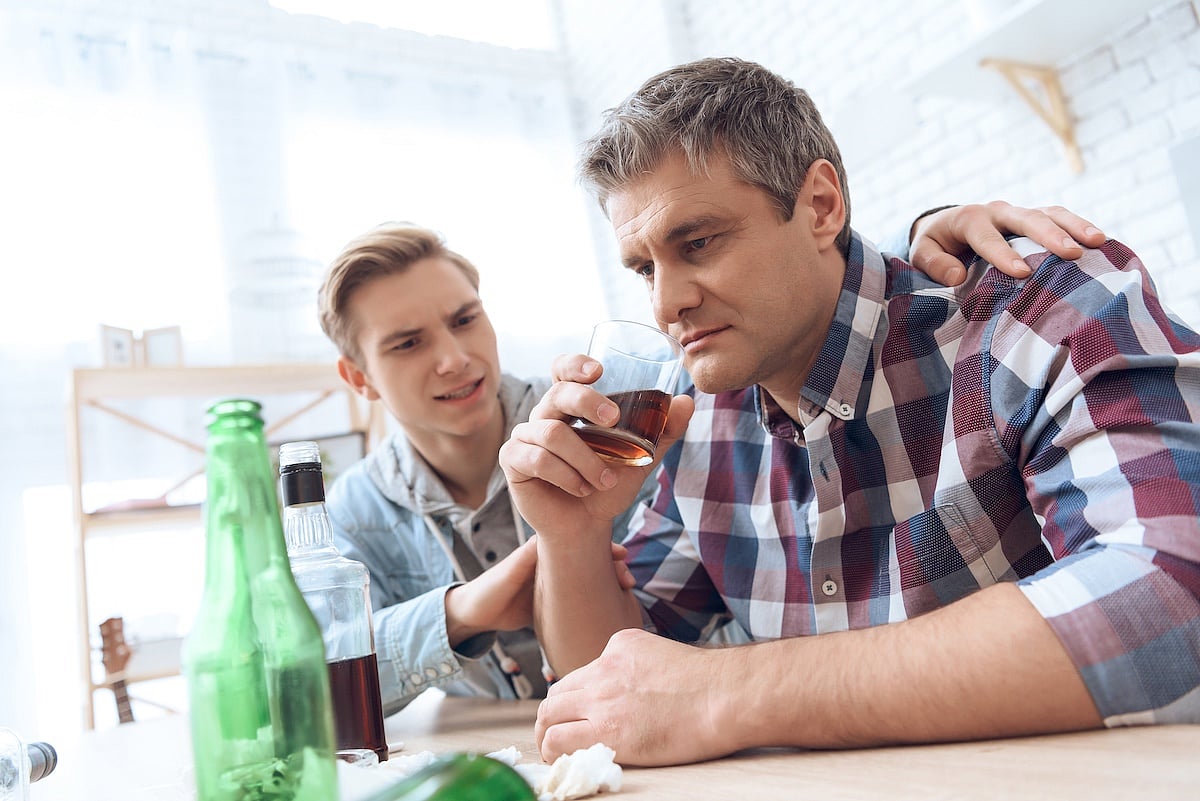
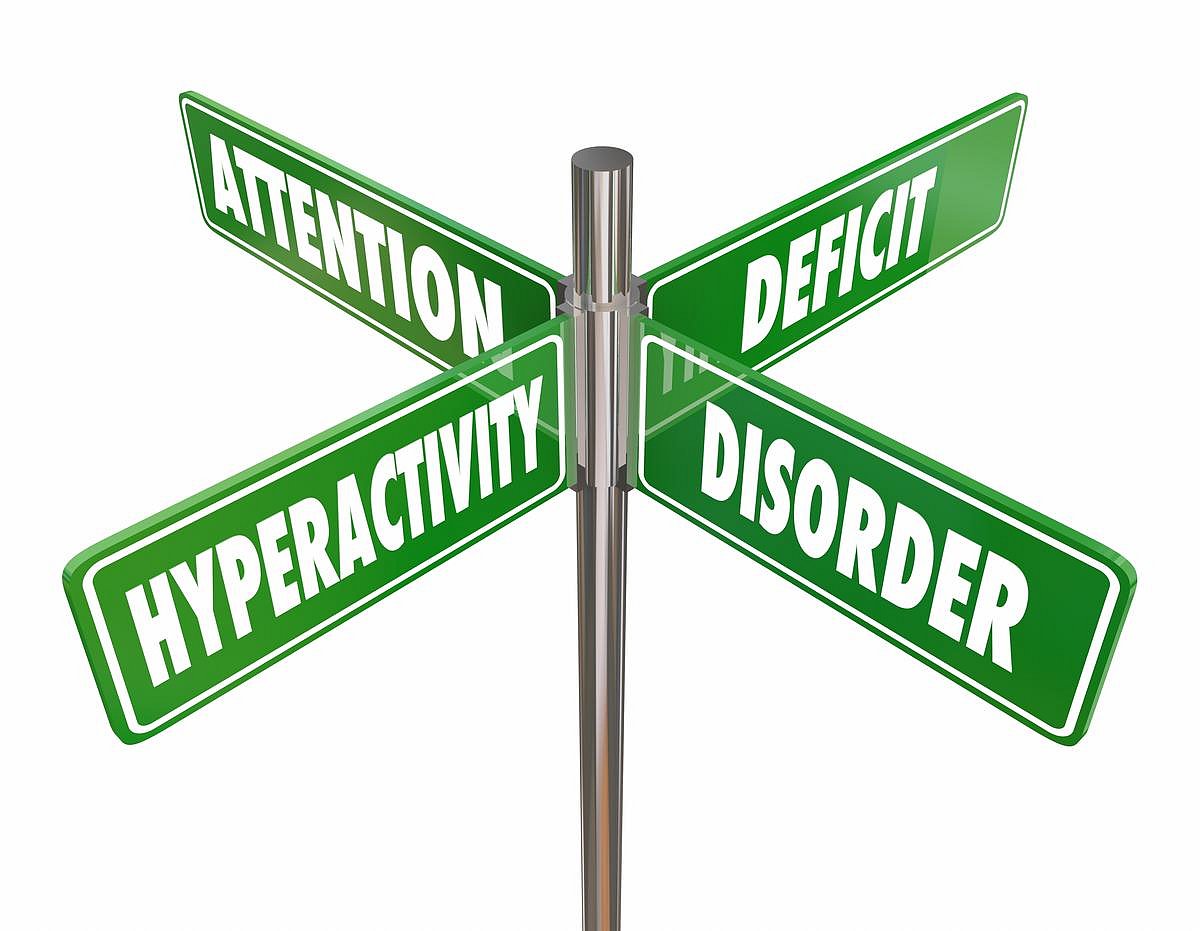
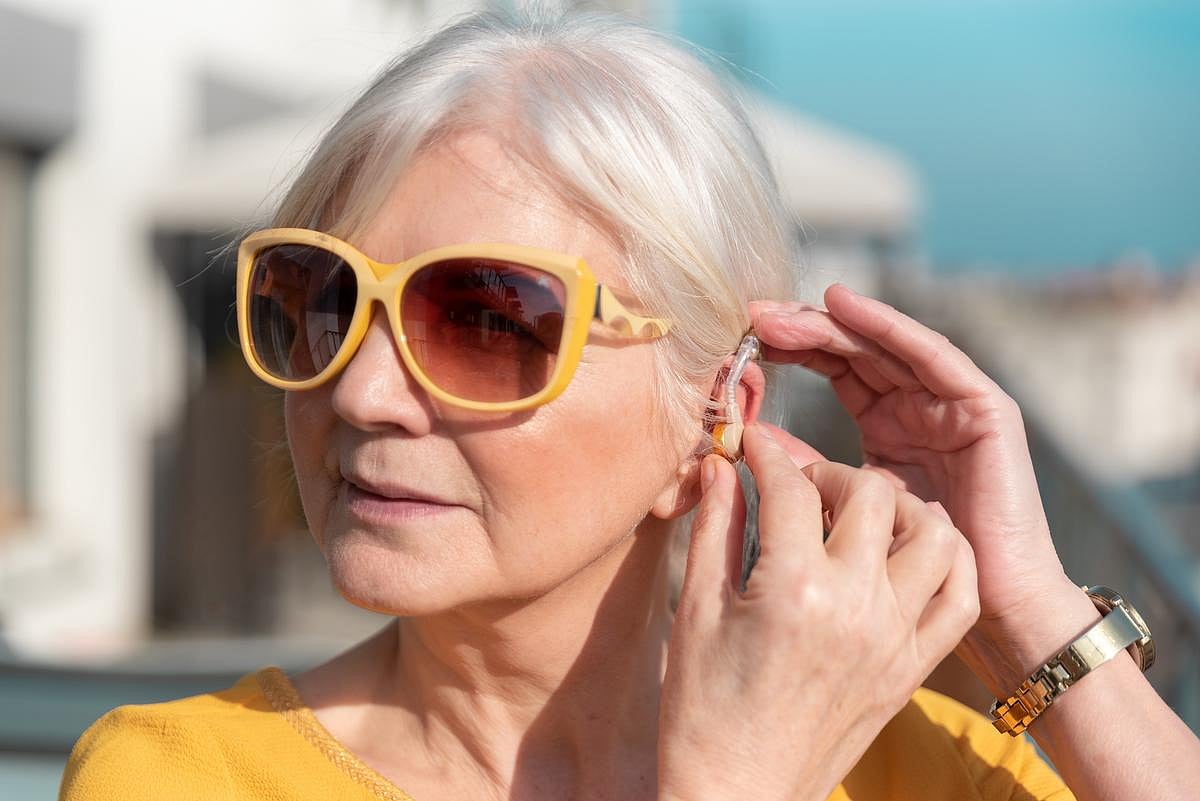
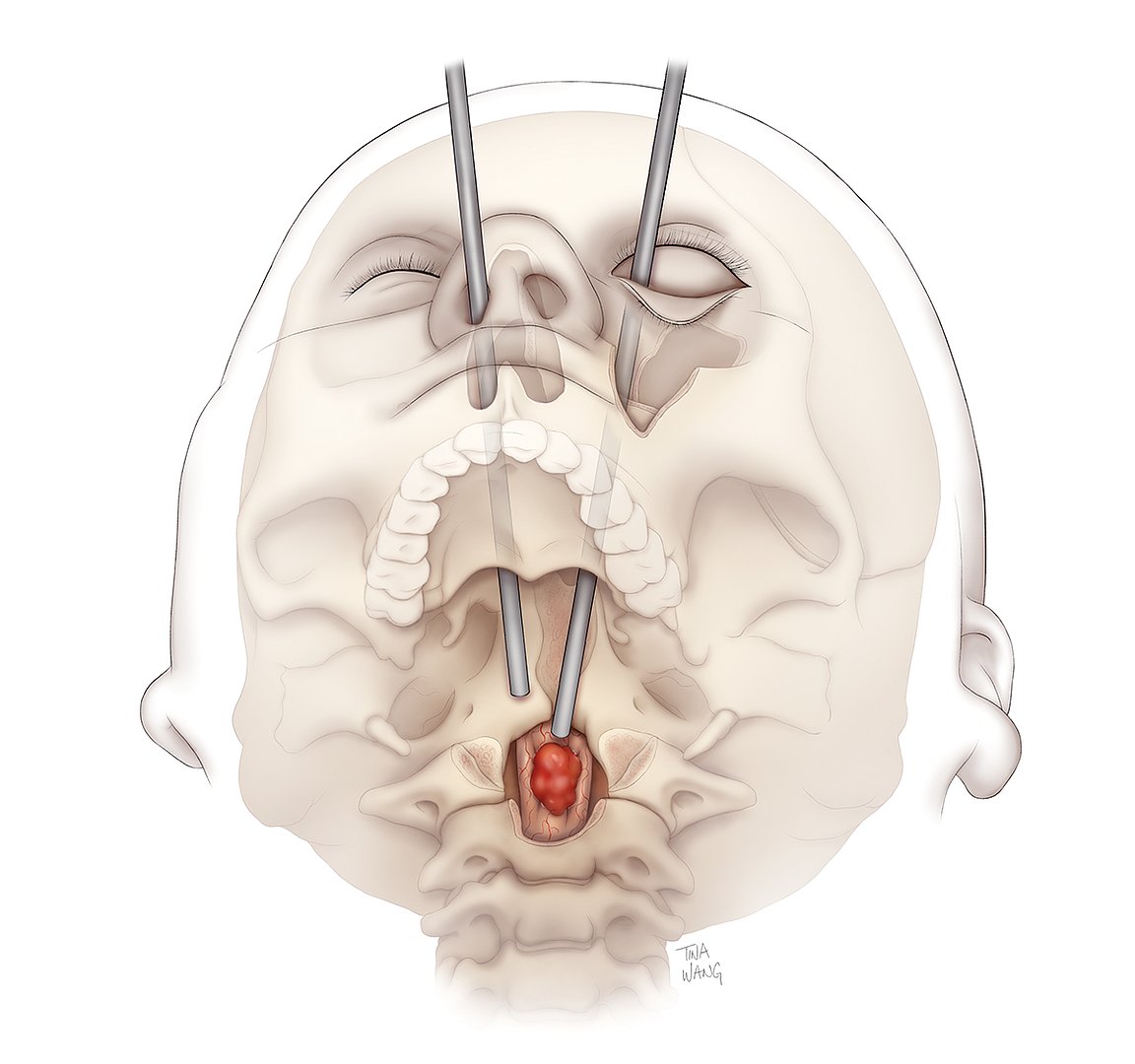

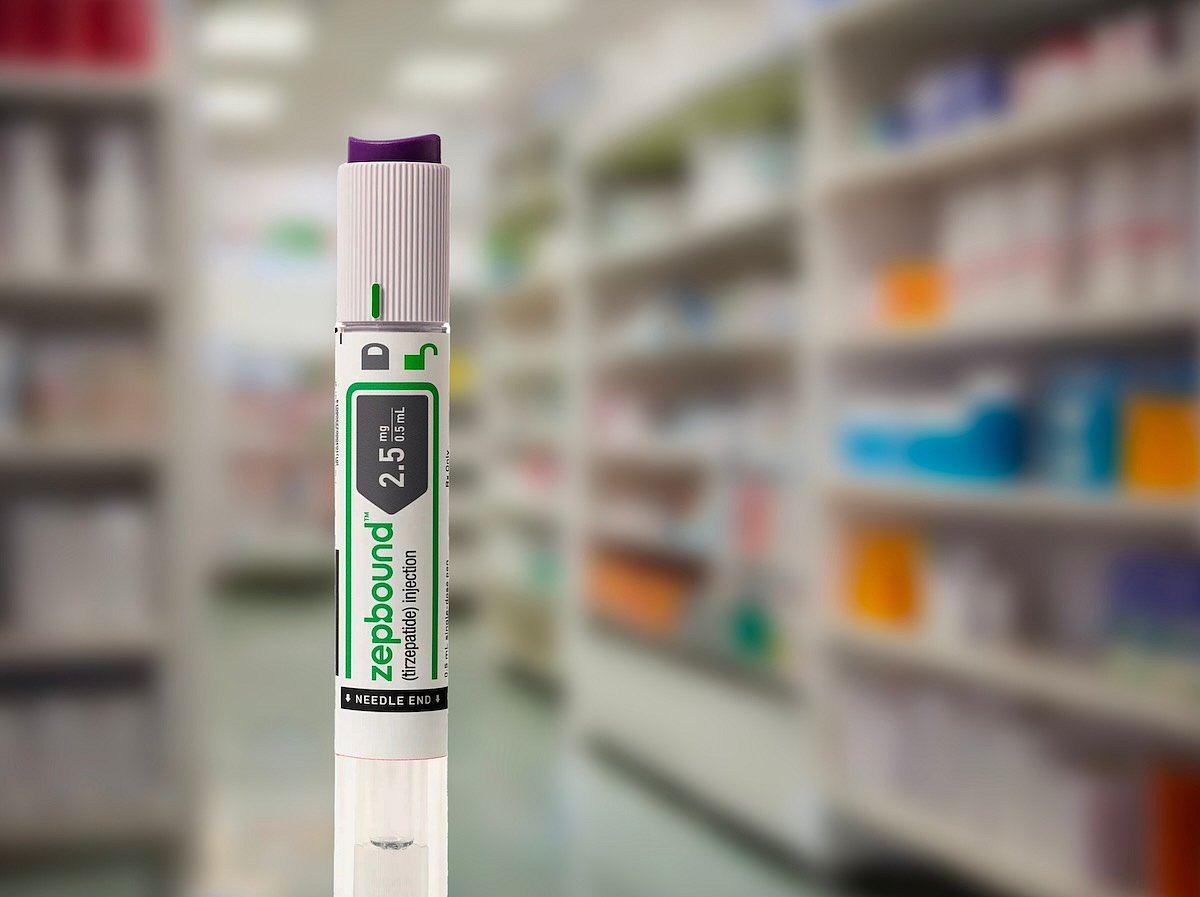
.jpg?w=1920&h=1080&mode=crop&crop=focalpoint)
